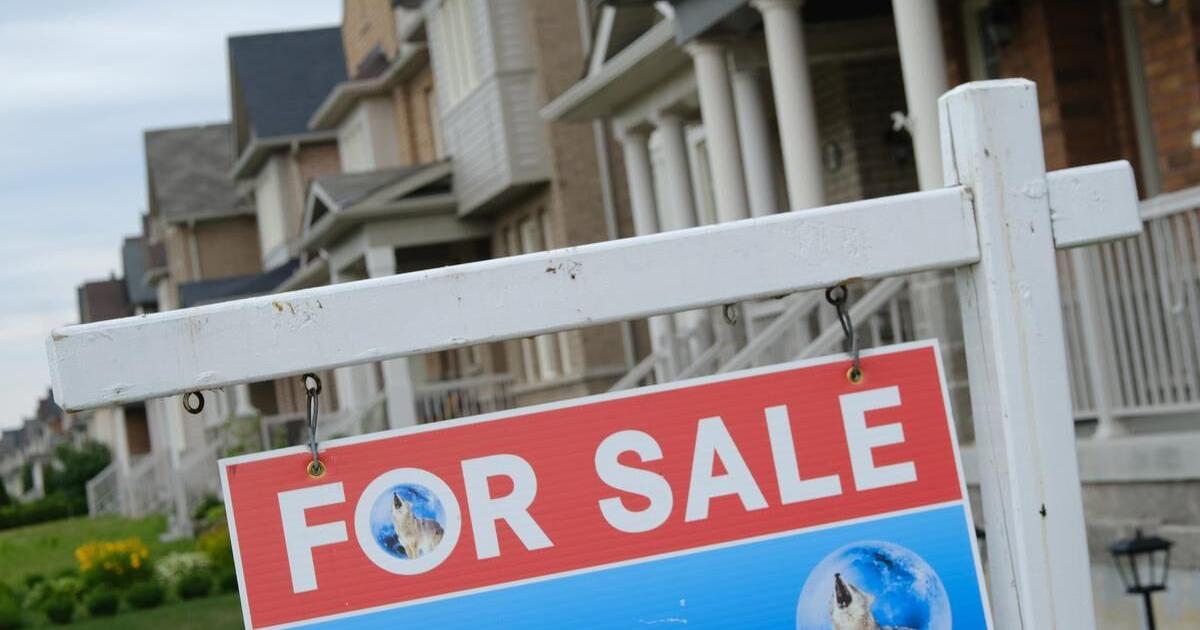Admiral Beez
Superstar
Every man will be peeing in shower, or the bathroom sink. And some women too.A shared toilet is not actually some new or unusual thing.
|
|
|
Every man will be peeing in shower, or the bathroom sink. And some women too.A shared toilet is not actually some new or unusual thing.
Heavens, Paul Bernardo has more square footage.yes that's right 27sqft!! lol..
View attachment 458929
View attachment 458930
View attachment 458931
View attachment 458932
View attachment 458933
In fairness, we've all lived with someone whose food taste like sh*t.coming to Toronto-->best reno idea, kitchen just needs a shower and you can turn your old bathroom into another bedroom for rent
View attachment 464439

To be fair, these long amortizations are because we're seeing historically high interest rates. There's about zero chance that interest rates will remain as they are for the next 40 years, and as interest rates go back to normal, so will amortizations.Presumably you’re in your mid 30s or early 40s when you buy a house, meaning you’re in your mid 70s to early 80s when you pay off the house? So, you’re essentially in debt for life. Doesn‘t allowing such long terms cause pricing inflation and contribute to possible bubbles? If the govt only allowed 25 year mortgages wouldn’t this limit prices, since the market only has so much money?
Interest rates aren't historically high. They're quite low by historic standards. The last decade of almost free money was the exception, not the rule.To be fair, these long amortizations are because we're seeing historically high interest rates. There's about zero chance that interest rates will remain as they are for the next 40 years, and as interest rates go back to normal, so will amortizations.
Anyone has done any calculation on this?What generally happens to single family detached properties around Yonge street new high rise buildings and on Sheppard as well? Do they usually appreciate or depreciate in value?
Is there a risk of getting into land assembly and hence people don't want to buy those properties?
40 years? That’s nuts.

Almost one third of Canadian homeowners with a mortgage now have amortization periods of more than 30 years
The standard 25-year amortization period is fading as lenders deal with stressed homeowners, putting banks at ‘greater risk of loss,’ says banking regulator.www.thestar.com
Paywall free: https://archive.is/JRmxX
Presumably you’re in your mid 30s or early 40s when you buy a house, meaning you’re in your mid 70s to early 80s when you pay off the house? So, you’re essentially in debt for life. Doesn‘t allowing such long terms cause pricing inflation and contribute to possible bubbles? If the govt only allowed 25 year mortgages wouldn’t this limit prices, since the market only has so much money?
I’m in my 50s, I can’t imagine having a mortgage now, let alone after I retire. I’m focused on squirrelling away money for retirement, home repairs and vacations.




